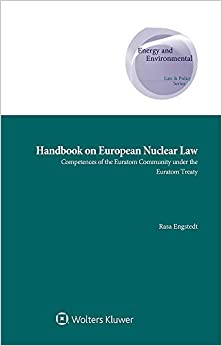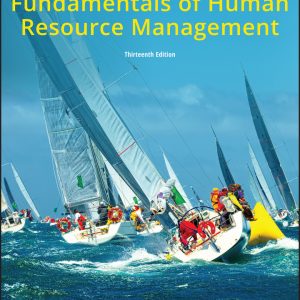Energy and Environmental Law and Policy Series #39
While the European Economic Community has evolved through the decades into the legal entity of the European Union, the substantive law contained in the 1957 Euratom Treaty has never been amended. Recurring legal discussions of the treaty’s potentially obsolete nature give rise to this much-needed handbook, which provides systematic analysis and evaluation of the competences conferred under the Euratom Treaty.
Following the structure of the Euratom Treaty, the author analyses and evaluates the scope, content, exercise, and case law of the Euratom Communities’ competences in the following fields:
- promotion of research, with reference to the Horizon research programmes;
- dissemination of information;
- health and safety, including environmental protection;
- investments;
- joint undertakings;
- nuclear supplies;
- safeguards;
- property ownership of fissile materials;
- the nuclear common market; and
- the Community’s external relations.
The book deals with issues of stagnation and potential obsolescence through such lenses as the legislative amendment procedure, level of regulatory detail, quantitative elements of exercise, secondary legal acts, and the Court of Justice of the European Union’s power to define and delimit the Euratom Community’s competences. The competences in the fields of military activities and State aid are also examined in detail. The role of principles of subsidiarity and proportionality in European nuclear law and the issue of classification of competences under the Euratom Treaty are addressed in this book.
With its systematic, chapter-by-chapter analysis of competences of the Euratom Community under the Euratom Treaty, the book will be welcomed by lawyers and negotiators working in nuclear field, researchers in nuclear law and in the broader competences of the EU, and policymakers in the European nuclear sector.











